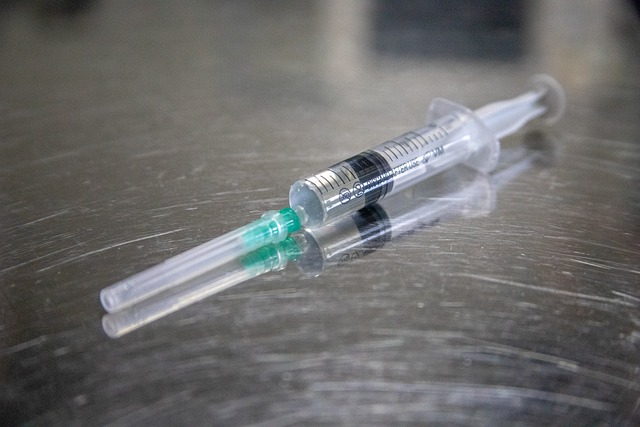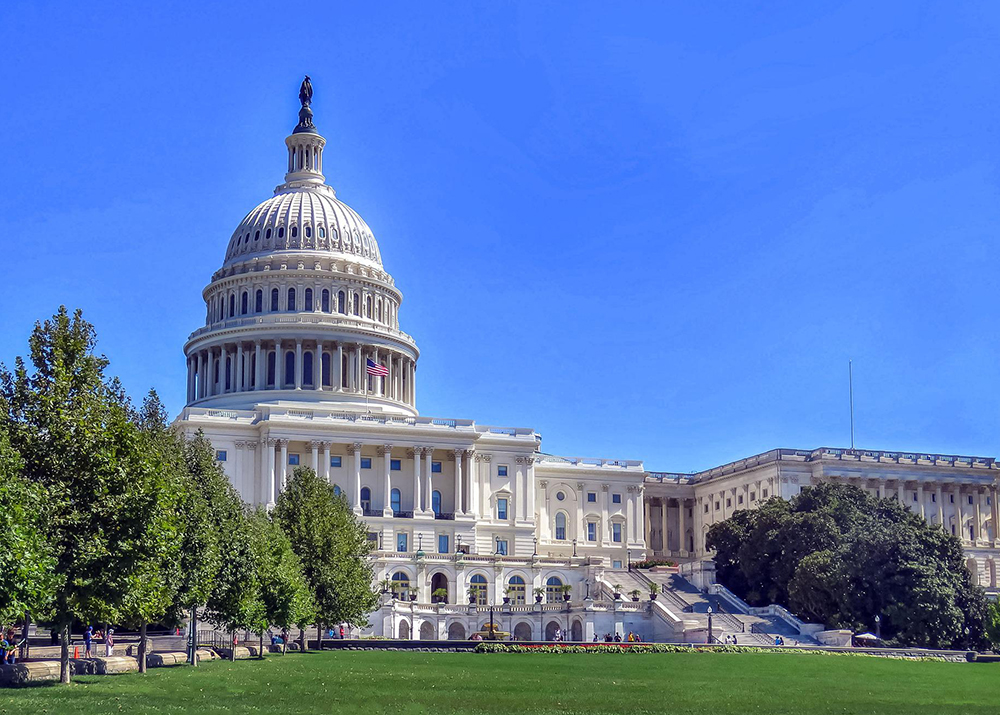To assure the broad adoption of cutting-edge preventative measures that can shield Americans in the future, vaccine policy has to be changed, according to the Biotechnology Innovation Organization’s (BIO) VP for Infectious Diseases and Emerging Science, Phyllis Arthur.
According to the Health Affairs article that Arthur co-authored with public health specialists Jason Schwartz and Angela Shen, “new treatments under development—including monoclonal antibodies to protect children from respiratory syncytial virus (RSV)—move beyond the classic vaccine paradigm in their design or function.”
The Food and Drug Administration (FDA) may approve the first RSV preventatives, including a number of monoclonal antibody candidates, as early as this year.
The policy amendment is vital since registries collect vaccination data, and all children and adults with health insurance are entitled to free vaccinations for key diseases. These regulations may help those who are more susceptible to RSV, such as young children and senior citizens, but it’s unclear how the monoclonal antibodies will be managed.
“Monoclonal antibodies that are intended to prevent disease and death and work like vaccines should be aligned across programs and recognized within systems to ensure insurance coverage and access that enables broad-based and equitable uptake across intended populations,” Arthur and the co-authors say.
The authors stress that, with the exception of people 65 years of age and older, COVID-19 vaccination coverage has been approximately 70% for the initial series and substantially lower for booster doses.
“This picture is reminiscent of the marginal gains seen over the past decade for influenza vaccination; rates have hit a similar plateau despite public health authorities encouraging vaccination each year,” the article states.
With ongoing COVID-19 immunization efforts, sustained government resources in the form of people and financial assistance will continue to be crucial—especially through collaborations with reputable community-based organizations—to effectively handle these and other concerns that are guaranteed to develop.
In order to “realize the potential of innovations in the pipeline,” more policy changes are required to transition from a COVID-19 “emergency response posture” to routine immunization and to make way for new vaccines against threats like antimicrobial resistance and bioterrorism.




